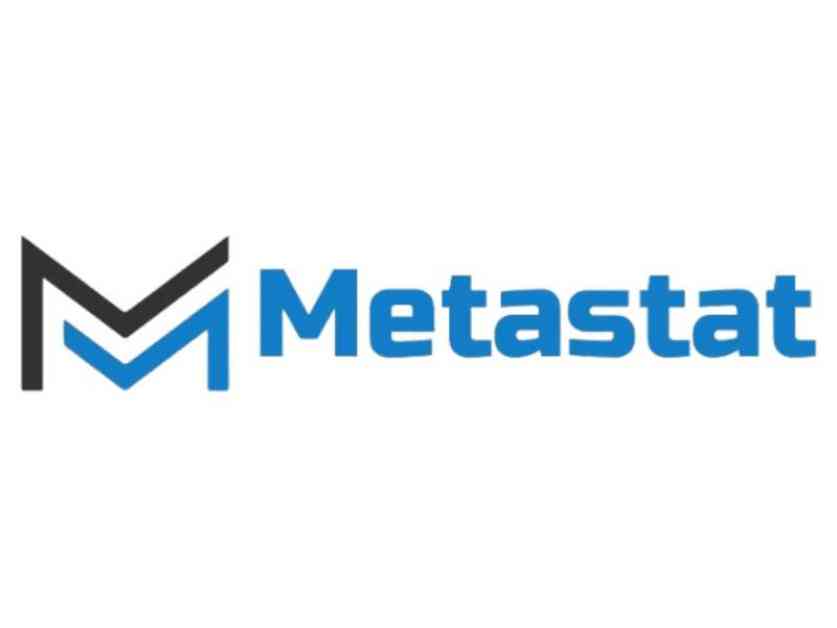Digital manufacturing is revolutionizing the global industry by incorporating cutting-edge technologies to enhance efficiency and flexibility in the production process. This shift towards digital tools and systems is not just incremental but a complete paradigm shift that is reshaping manufacturing practices worldwide. By utilizing technologies such as artificial intelligence, IoT, and big data analytics, digital manufacturing creates a connected production environment that allows real-time monitoring and optimization of production processes.
One of the key aspects of digital manufacturing is the concept of digital twins, which are virtual copies of physical assets that can be used to test processes in a virtual setting before implementing them in the physical world. This not only reduces risks but also accelerates the development cycle, leading to faster time-to-market for products. Additionally, digital manufacturing plays a crucial role in supply chain management, ensuring streamlined processes and optimized resource utilization.
The global digital manufacturing market is witnessing significant growth, driven by factors like Industry 4.0 and IoT technologies that enable comprehensive data exchange and real-time monitoring. These technologies have revolutionized connectivity, resulting in increased productivity, cost-effectiveness, and operational excellence. Businesses are increasingly adopting digital manufacturing solutions to reduce waste, minimize downtime, and enhance output quality in a highly competitive marketplace.
Leading players in the global digital manufacturing industry include Siemens AG, TATA Consultancy Services Limited, Dassault Systèmes, Autodesk Inc., SAP SE, PTC Inc., Cogiscan, Mitsubishi Electric Automation, Inc., Fujitsu Limited, and Metal Worm. These companies are at the forefront of digital manufacturing innovation, driving the industry forward with advanced technologies and solutions.
One major trend in the global digital manufacturing market is additive manufacturing, also known as 3D printing. This technology offers greater flexibility in production, allowing for the creation of complex geometries with high finishes in both large-scale and small runs. Industries are increasingly turning to 3D printing for its ability to shorten innovation cycles and reduce material wastage.
Overall, the global digital manufacturing market is a highly competitive and dynamic space characterized by rapid technological advancements and digital transformation. Organizations are leveraging digital tools to boost productivity, quality, and efficiency, driving the industry towards a more connected and optimized future. With the continued adoption of digital manufacturing solutions, the industry is poised for continued growth and innovation in the years to come.
